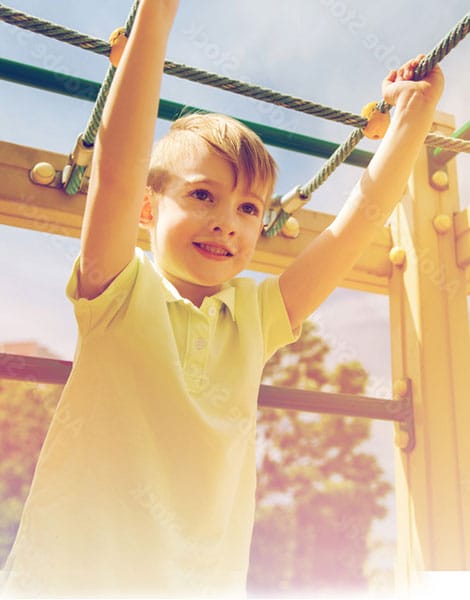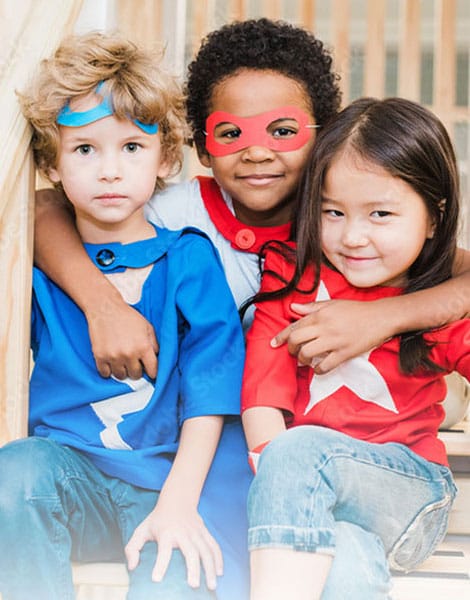Resources for Parents & Teachers


Signs & How to Respond
These are the signs of child molestation and sex trafficking that parents, guardians, grandparents, and educators should all be aware of.
Possible Signs of Child Molestation
The younger the child, the more difficult it is to determine if your child has been or is being molested. Parents, grandparents, and guardians should be aware of these signs that could indicate your child has been sexually molested:
- Changes in behavior, extreme mood swings, withdrawal, fearfulness & excessive crying
- Bed-wetting, nightmares, fear of going to bed, or other sleep disturbances
- Acting out inappropriate sexual activity or showing an unusual interest in sexual matters
- A sudden acting out of feelings or aggressive or rebellious behavior
- Regression to infantile behavior; clinging
- School or behavioral problems
- Changes in toilet-training habits
- A fear of certain places, people, or activities
- Bruises, rashes, cuts, limping, multiple or poorly explained injuries
- Pain, itching, bleeding, fluid, or rawness in the private areas
If you observe any of these behaviors, talk to your child about the causes.
Possible Behavioral Indicators of a Child Sex Trafficking Victim
Behavioral changes may be due to causes other than sexual exploitation such as a medical, family, or school problem. Please note, some of these behaviors may have other explanations, but it’s important to assist your child no matter what the cause of these symptoms or behaviors.
- An inability to attend school regularly and/or unexplained absences
- Frequently running away from home
- References made to frequent travel to other cities
- Bruises or other signs of physical trauma, withdrawn behavior, depression, anxiety, or fear
- Lack of control over a personal schedule and/or identification or travel documents
- Hunger, malnourishment, or inappropriate dress (based on weather conditions or surroundings)
- Signs of drug addiction
- Coached or rehearsed responses to questions
- A sudden change in attire, behavior, relationships, or material possessions (e.g., expensive items)
- Uncharacteristic promiscuity and/or references to sexual situations or terminology beyond age-specific norms
- A “boyfriend” or “girlfriend” who is noticeably older and/or controlling
- An attempt to conceal scars, tattoos, or bruises
- A sudden change in attention to personal hygiene
- Tattoos (a form of branding) displaying the name or moniker of a trafficker, such as “daddy”
- Hyperarousal or symptoms of anger, panic, phobia, irritability, hyperactivity, frequent crying, temper tantrums, regressive behavior, and/or clinging behavior
- Hypo arousal or symptoms of daydreaming, inability to bond with others, inattention, forgetfulness, and/or shyness




What Is Sex Trafficking?
What To Do If You Detect These Behaviors

Stay In-the-Know!
JOIN OUR EMAIL LIST
Recommendation Resources
Should we educate our children? Are they too young? Well one of the most respected world leaders in crimes against children says, yes, we should. “Prevention education is the most useful, effective kind of orientation that we have to this problem,” Dr. David Finkerhor.

